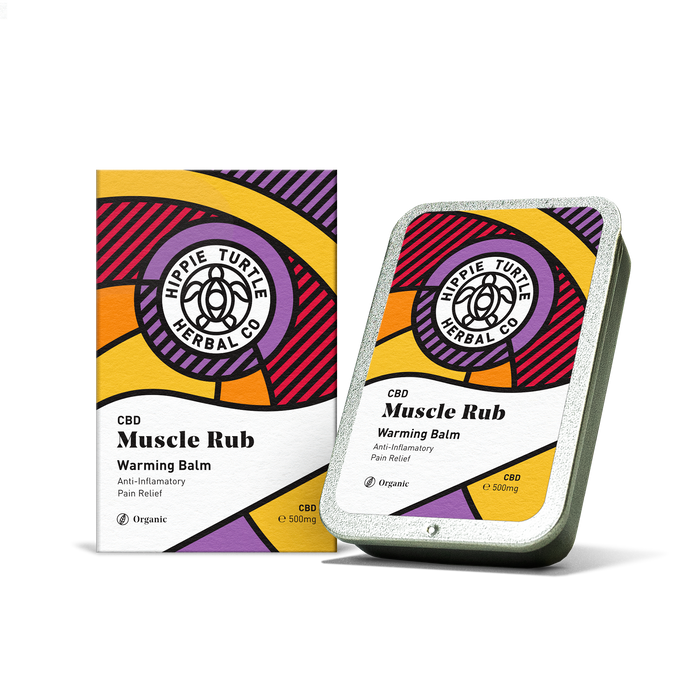

· 投稿者Ashley Heeley
Movement as Medicine: Finding Flow Through the Colder Months
The slow season begins
The light fades earlier now. Mornings arrive later, and that familiar chill starts to settle in our bones. It’s the season that tempts us to curl up and wait for spring but this is also when our bodies need movement most.
Autumn and early winter aren’t about pushing harder. They’re about moving differently, slower, more intentionally, with warmth and rhythm rather than speed or intensity.
Why movement matters in colder months
When temperatures drop, muscles tighten and circulation slows. Many people notice more stiffness, particularly in joints or the lower back. Gentle daily movement helps to keep blood flow active, boosts mood, and supports immunity.
Think of it less as “exercise” and more as maintenance, giving your body the chance to stay supple and awake through the darker months.
1. Warm starts, gentle builds
Before you even stretch, start with warmth. A few minutes of deep breathing, a hot shower, or a quick walk around the room helps loosen joints and prepare muscles.
Then, try simple mobility work: shoulder rolls, hip circles, slow squats, gentle twists. The goal isn’t a workout, it’s to remind your body it’s still capable of flow.
2. Micro-movement moments
If daylight is scarce or motivation low, aim for “micro-sessions.” Two minutes of stretching after making tea, ten minutes of yoga before bed, a brisk walk at lunch.
These small moments accumulate, keeping your energy stable and your body mobile without demanding big chunks of time.
3. Support recovery and warmth
After movement, recovery becomes even more important. Cooler air can leave muscles tense long after activity.
Warm baths with Epsom salts, self-massage, or applying a soothing balm or muscle rub can all help the body relax back into comfort.
Internally, nutrients like turmeric and ginger support joint and muscle health from within, a steady foundation through the cold season.
4. Let nature set the rhythm
Autumn invites slowness. Instead of resisting it, match your routine to the season: restorative yoga instead of HIIT, longer walks wrapped in layers, mindful stretching by candlelight.
Movement becomes not a fight against winter, but a conversation with it, one that keeps you grounded and resilient.
5. Move for the mind, not just the body
Shorter days can affect mood as much as energy. Movement releases endorphins that help counter that dull heaviness many feel as the year winds down.
Even a 15-minute walk outdoors, noticing your breath and surroundings, can lift perspective and quiet the mind.
6. A mindful close
The colder months teach us that strength doesn’t always look like speed or power. Sometimes it’s simply showing up for your body, keeping it warm, flexible, and cared for.
So move softly. Stretch daily. Walk slowly through the crisp air. And remember, this is still a season of growth, just in quieter ways.







